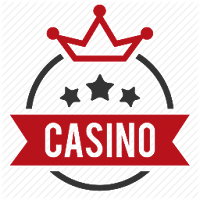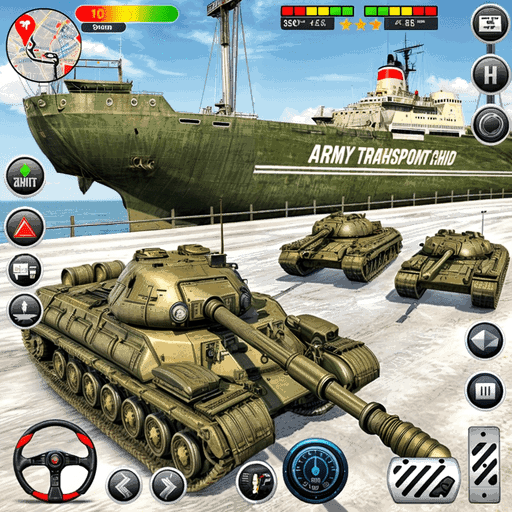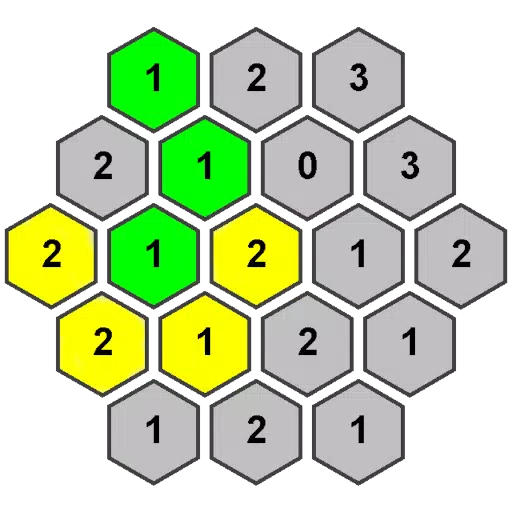In *Kingdom Come: Deliverance 2*, crime isn't just a minor inconvenience—it can drastically alter how the world interacts with you. Engaging in activities like stealing, trespassing, or even assaulting a peasant can lead to significant repercussions. Here's a detailed look at how crime and punishment function in the game.
Related: All Pre-Order Bonuses & Editions for Kingdom Come: Deliverance 2
How Crimes Work in Kingdom Come: Deliverance 2
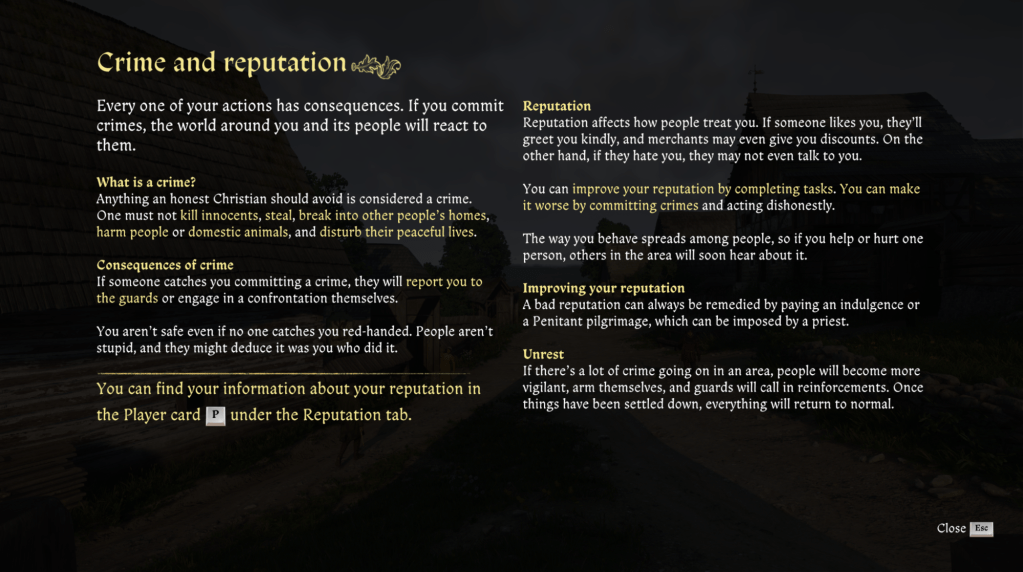 Screenshot captured by The Escapist
Screenshot captured by The Escapist
Any action that disrupts the law-abiding world of *KCD2* is classified as a crime. Unlike its predecessor, the sequel features enhanced AI that makes NPCs more vigilant about criminal activities. If you commit a crime, be prepared for consequences—whether it's immediate capture or being hunted down later.
The game deems the following actions illegal:
- Murder – Killing innocent NPCs.
- Theft – Stealing from homes, shops, or unconscious NPCs.
- Lockpicking – Breaking into locked buildings or chests.
- Pickpocketing – Stealing directly from people.
- Assault – Attacking civilians or guards.
- Animal Cruelty – Hurting domestic animals.
- Trespassing – Entering private areas without permission.
- Disrupting Order – Causing trouble in towns.
Engaging in any of these acts can lead to suspicion, arrest, or worse. The reactions of guards and villagers vary based on the severity of the crime.
What Happens When You’re Caught?
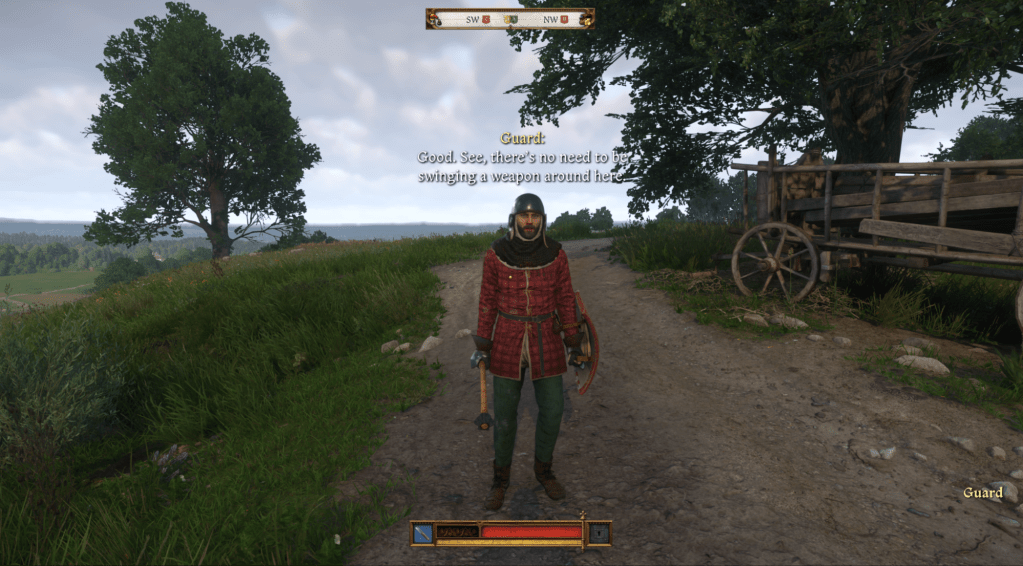 Screenshot captured by The Escapist
Screenshot captured by The Escapist
If a guard witnesses you committing a crime, you'll be reported on the spot. Civilians can also report you, triggering an investigation. When caught, you have several options:
1. Pay the Fine
The simplest way to resolve the situation is by paying a fine. The amount varies depending on the crime—stealing might cost you a few Groschen, but murder could lead to financial ruin or harsher penalties.
2. Talk Your Way Out
If your **Speech** or **Charisma** skills are high, you might persuade guards to let you go. This method is more effective for minor offenses, but for serious crimes, it's much harder to talk your way out.
3. Run for It
Although not the best option, fleeing can be your only escape. Guards will pursue you, and escaping will temporarily make you a wanted man. If you leave town and return later, you might still be recognized unless you change your appearance or bribe officials.
4. Accept the Punishment
If you can't pay and can't escape, you'll have to face the consequences. The severity of your punishment depends on the nature of your crime.
How Punishments Work in Kingdom Come: Deliverance 2
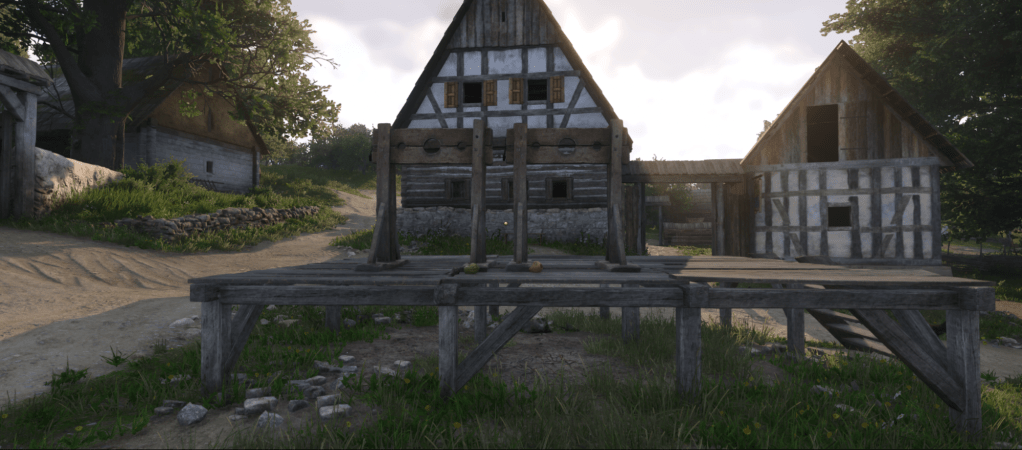 Screenshot captured by The Escapist
Screenshot captured by The Escapist
Whether your crime was accidental or deliberate, be ready to face the consequences. Punishments vary based on the severity of your actions, ranging from a mild reprimand to execution. Here are the punishments you might encounter in *Kingdom Come: Deliverance 2*, each escalating in severity:
1. Pillory (Public Humiliation)
For minor offenses like trespassing, reckless driving, or accidental assault, you'll be placed in the pillory. The sentence typically lasts a few in-game days, damaging your reputation as NPCs mock you.
2. Caning (Physical Punishment)
Mid-tier crimes such as assault and theft result in caning. This physical punishment involves public beating, temporarily reducing your health and stamina.
3. Branding (Permanent Criminal Status)
Reserved for repeat offenders or serious crimes like murder or significant theft, branding marks your neck with a criminal symbol. This permanent status affects how NPCs treat you, with merchants refusing to trade and guards keeping a close watch, potentially attacking if you make suspicious moves.
4. Execution (Game Over)
As the name implies, execution results in a game over. This severe punishment is typically reserved for the most heinous crimes, such as multiple murders.
Related: How to Get the Best Ending in Kingdom Come Deliverance 2
How Crime Affects Your Reputation
Your reputation in *Kingdom Come: Deliverance 2* is more than just a number—it directly impacts how NPCs interact with you. Committing crimes can make townsfolk suspicious or outright hostile.
How Reputation Works
Each town and faction tracks your reputation independently. A low reputation may lead to NPCs refusing to talk, trade, or offer quests. Conversely, a high reputation can earn you discounts, additional dialogue, and special opportunities. Guards may search you more frequently if they suspect you of past crimes. To repair a tarnished reputation, you'll need to contribute positively to the community through favors, church donations, and paying fines. This system is somewhat akin to the Honor system in *Red Dead Redemption 2*.
How to Avoid Getting Caught
The crime system in *KCD2* is designed to be part of the gameplay experience. While committing crimes isn't morally right, in an RPG, you have the freedom to choose your actions. However, if you're not careful, you can easily get caught. Here are some strategies to avoid detection:
- Don’t leave witnesses—always check your surroundings before committing a crime. If someone sees you, quickly change your disguise, perhaps by wearing a hat or different clothes.
- Commit crimes at night—nighttime is ideal for criminal activities, as it's harder for others to spot you.
- Sell stolen goods wisely—stolen items are marked in your inventory. Avoid selling them to regular merchants, as this can lead to your capture. Instead, sell them to fences or black-market dealers far from the crime scene.
That’s how crime and punishment work in *Kingdom Come: Deliverance 2*.
 Home
Home  Navigation
Navigation






 Latest Articles
Latest Articles
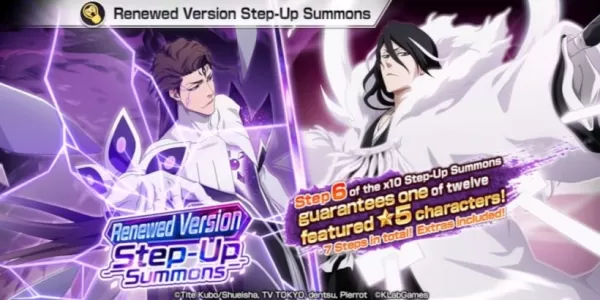









 Latest Games
Latest Games

